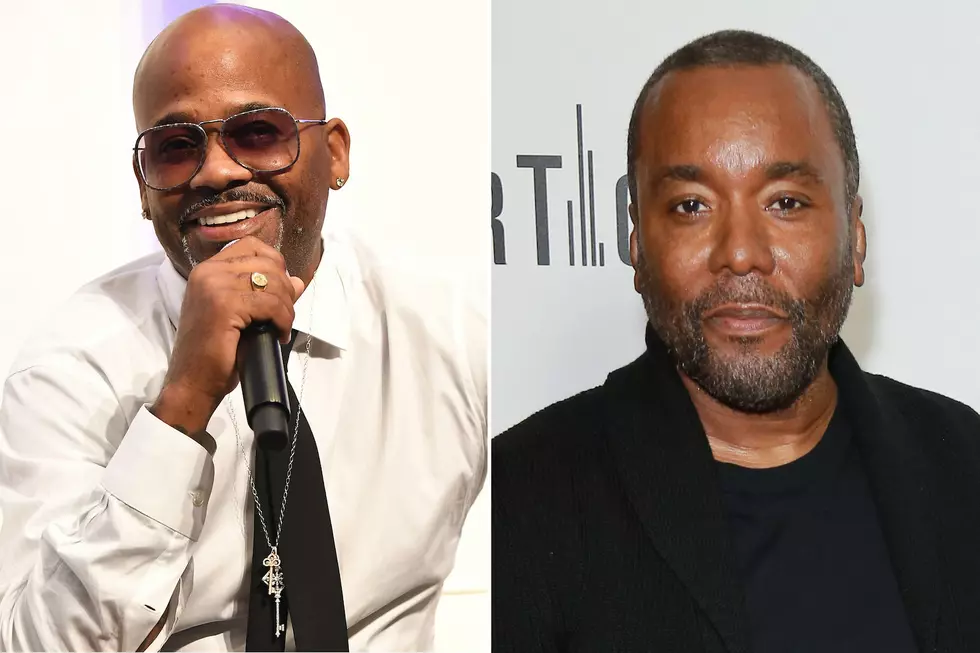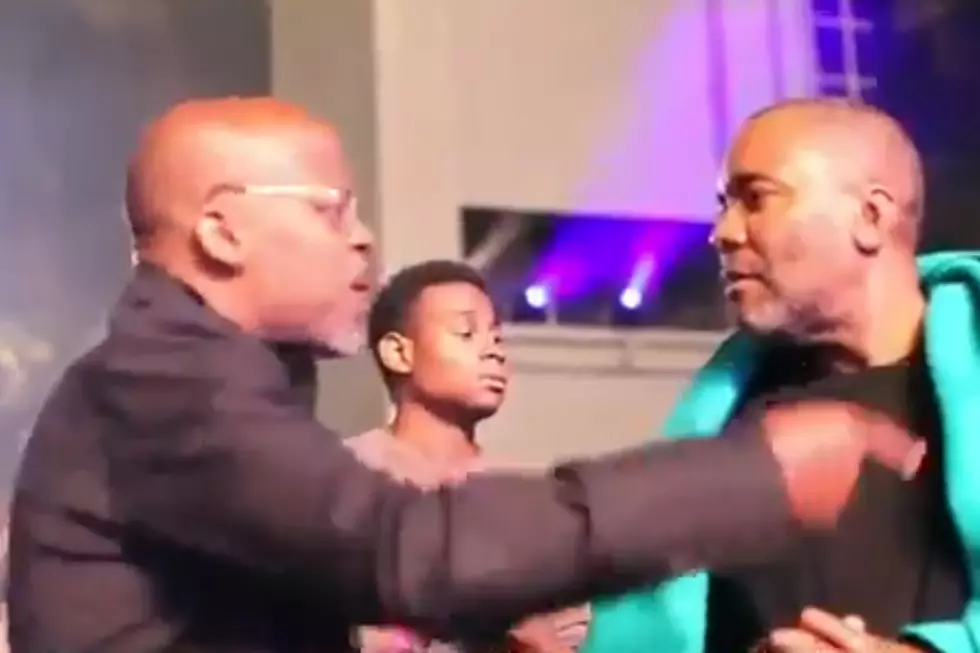
‘Lee Daniels’ The Butler’ – Movie Review
Lee Daniels’ new film The Butler was plagued by adversity long before moviegoers flocked to theaters to see Forest Whitaker as the White House butler who served through eight administrations during America’s most politically vital years, including the pivotal Civil Rights era. First there was the contentious legal battle between the project’s studio, The Weinstein Company, and Warner Bros., which ultimately caused director Lee Daniels to add his name to the film’s title to avoid losing The Butler namesake. Then came the critics who accused the film of being a disservice to Black people, by making them appear overly docile. Ironically, such opposition is the very central theme in Lee Daniels’ The Butler, a narrative about Cecil Gaines, who escapes slavery in the Deep South as a twentysomething and relocates to Washington to become a staff butler in the White House.
Through the point of view of Cecil, Daniel narrates Black America’s struggle to overcome racism and civil inequality. As a child, Cecil watches his father get shot to death on a Georgia plantation. His mother—played by Mariah Carey—was raped by a slave master, and subsequently suffered from great psychological turmoil. His traumatic formative years in slavery become the framework for his unique employment, in which he turns degrading labor into an artful discipline.
On the whole, The Butler is a cinematic history book filled with very harsh realities. In two short hours, the film shuffles through over 30 years worth of Presidents and the social and political challenges they faced. While such rapid movement in time would typically prove difficult to keep up with, Daniels executes it so well that he never visibly skips a beat. Rather than reenacting President John F. Kennedy’s notorious assassination, for example, Daniels makes the directorial decision to bypass the actual incident and instead fast forwards to a very dramatic scene where First Lady Jackie Kennedy bawls with grief in the White House, while wearing her infamous pink suit stained with Kennedy’s blood.
But America’s history (i.e. Kennedy’s assassination, Watergate, etc.) is only a collection of snapshots in Cecil’s life, as the film zeroes in on his duties as a butler and America’s racism impacting both his marriage and his family. Spoiler alert: Cecil’s wife, Gloria (played by Oprah Winfrey), has an affair with a neighbor (Terrence Howard) when she feels lonely and neglected by Cecil, who works obsessively in an effort to support his family. “I don't care about what happens in the White House, I care about what happens in this house,” she asserts. While Winfrey and Howard’s much-anticipated love scene didn’t make the film, both actors shine in their respective roles, particularly Winfrey, who impressively engulfs herself in her character as both a troubled drunk and matriarch.
Outside of Cecil and Gloria’s marriage, the film’s central plot focuses on Cecil’s relationship with his son, Louis (played by David Oyelowo), who over time becomes very politically active as a Freedom Rider and member of the Black Panther Party. While Cecil dedicates his entire existence to being a subservient butler and an idle observer of racial injustices, Louis becomes an active participant. As a student at the famed HBCU, Fisk University, Louis joins other college students and the Rev. Martin Luther King, Jr. at the South’s countless marches and sit-ins.
In an effort to ramp up the paradox, Daniels simultaneously shows Cecil serving tea at a dinner party on Capitol Hill while Louis sits at a diner in the South, protesting for the very same service his father so freely gives. Daniels often highlights the pair’s contrasting realities to illustrate not only their family division, but the chasm between two generations. Where one is a former slave who chooses to simply do his job and avoid confrontation, the other is a young, militant activist, who is willing to put his life in harm’s way if it means abolishing America’s social shortcomings.
The Butler’s story is so fluid and dynamic that the film’s star-studded cast—which also includes Lenny Kravitz, Cuba Gooding, Jr. and Robin Williams—is almost an afterthought, as the roles they take on become far larger than any celebrity.
Considering the courage and the layers of storyline that are required to pull off such an ambitious film, Daniels scores with The Butler. Whitaker’s performance is skillfully understated, but not overpowered by the film’s broader themes and dynamic personalities. The Butler isn’t just the story of Cecil Gaines, however, it’s America’s story. Cecil’s narrative as a servant to eight Pesidents in 34 years is indicative of this country’s long and winding path to equality, and when one considers the race of America’s current President, it’s surely an admirable one.—Gerren Keith Gaynor (@MRGERRENALIST)
XXL rating: XL
More From XXL









